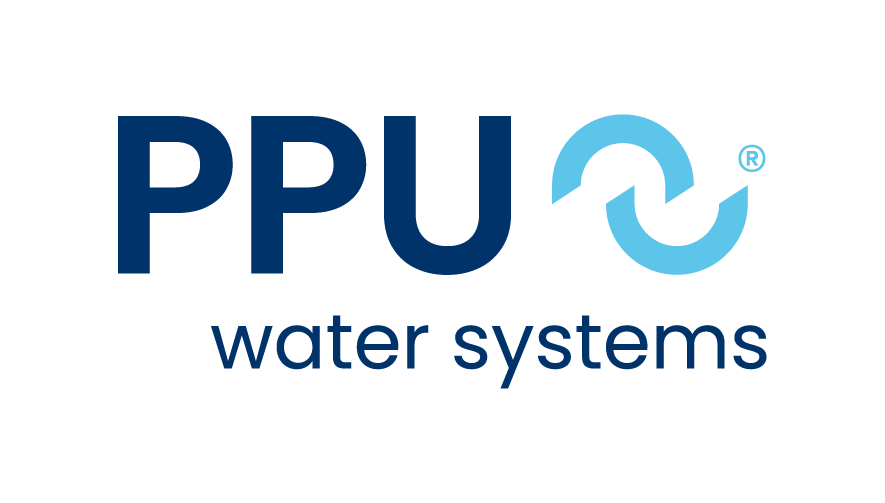Hotel Wastewater Treatment
Sector Overview
Home > Hotel Wastewater Treatment
Contents
Hotel Wastewater Treatment: Complete Solutions for the Hospitality Industry
Hotel wastewater treatment has unique challenges requiring specialized solutions that can handle variable flows, high organic loads, and a mixture of contaminant sources. This guide outlines wastewater characteristics, available treatment technologies, and key selection criteria for effective hotel wastewater treatment.
Understanding Hotel Wastewater
Wastewater Sources in Hotels and Restaurants
Hotel wastewater originates from multiple sources, including:
- Guest wastewater
- Kitchen wastewater from washing utensils, sinks, and cooking equipment
- Toilet wastewater
- Laundry wastewater with detergents and chemicals
- Swimming pool backwash water
- General cleaning wastewater
Due to diverse activities, hotel wastewater often contains high fats/oils, starch, and elevated COD levels requiring specialized treatment.
Technical Characteristics by Facility Type
EPA studies show hotels/restaurants have higher pollutant concentrations than domestic sources.
| Parameter | Domestic Sources (mg/L) | Hotels/Restaurants (mg/L) |
|---|---|---|
| Suspended Solids (SS) | 163 ± 136 | 293 ± 238 |
| BOD₅ | 168 ± 127 | 470 ± 455 |
| COD | 389 ± 310 | 888 ± 860 |
| Total Nitrogen | 40.6 ± 19.0 | 55.0 ± 40.7 |
| Ammonia Nitrogen | 31.5 ± 15.6 | 45.6 ± 36.5 |
| Total Phosphorus | 7.1 ± 4.2 | 8.21 ± 4.95 |
| pH | 7.5 ± 0.5 | 7.37 ± 0.64 |
Population Equivalent and Design Loading
Hotels use population equivalent (PE) calculations differing from residential use. Each guest produces ~250 L/day of wastewater and 75 g/day of BOD₅ (vs 200 L and 60 g for domestic).
Flow Variations and Peak Loading
Hotels must handle seasonal and event-based fluctuations. Peak daily flow = ~2× annual average; peak hourly flow = ~1.5× peak daily flow.
Treatment Technologies and Approaches
Direct Connection and Public Sewer Discharge
Best for hotels with municipal access; requires grease traps, FOG removal, and pretreatment.
Septic Tank Systems and Limitations
Low efficiency and unsuitable for high-strength hotel wastewater; risk of failure during peak loads.
Advanced Biological Treatment Technologies
Sequential Batch Reactor (SBR)
- Batch treatment in four phases: charging, aeration, settling, discharge
- 85–95% BOD removal
- Handles peak load variations
Moving Bed Biofilm Reactor (MBBR)
- Uses free-floating plastic media
- Effective for variable flows
Fixed Bed Biological Reactor (FBBR)
- Handles load fluctuations efficiently
- Up to 99% pollutant removal
- Compact design with low sludge production
Water Reuse and Recovery Applications
Treated wastewater can be reused for irrigation, cleaning, and filling water features, reducing hotel water consumption.
System Selection Criteria
Space Requirements
Containerized or underground options for space-limited sites.
Odour Control
Proper location, ventilation, and system design prevent guest disturbance.
Operational Simplicity
Automation minimizes staff involvement and risk of errors.
Modularity and Expansion
Modular systems allow phased growth.
Energy Efficiency
FBBR offers low energy use and no chemical costs.
Environmental Compliance
Advanced systems meet stringent discharge standards even under fluctuating loads.
Expert Solutions from ClearFox
ClearFox® specializes in hotel wastewater treatment with certified FBBR technology and offers free site assessments to design tailored solutions.
Up Next

Other Municipal Applications
Our range of cost effective solutions include electric and non electric systems for other municipal applications. We provide complete solutions for populations from 4 to 10,000 persons.
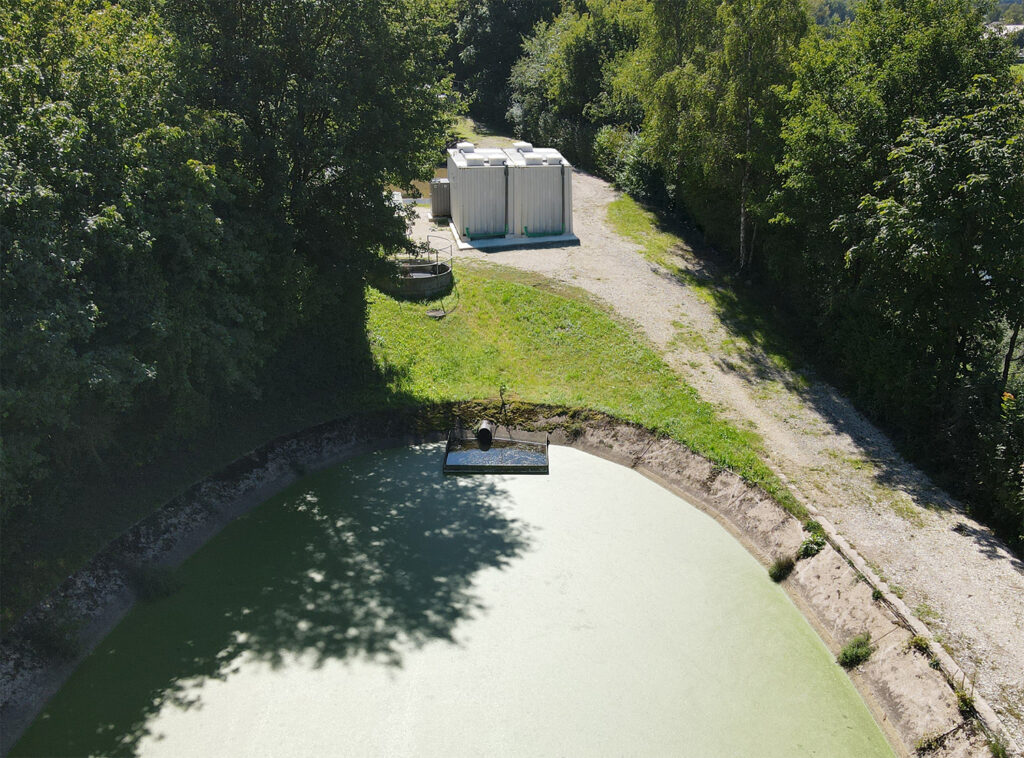
Towns And Villages
Our range of cost effective solutions include electric and non electric systems for towns and villages. We provide complete solutions for populations up to 10,000 persons.
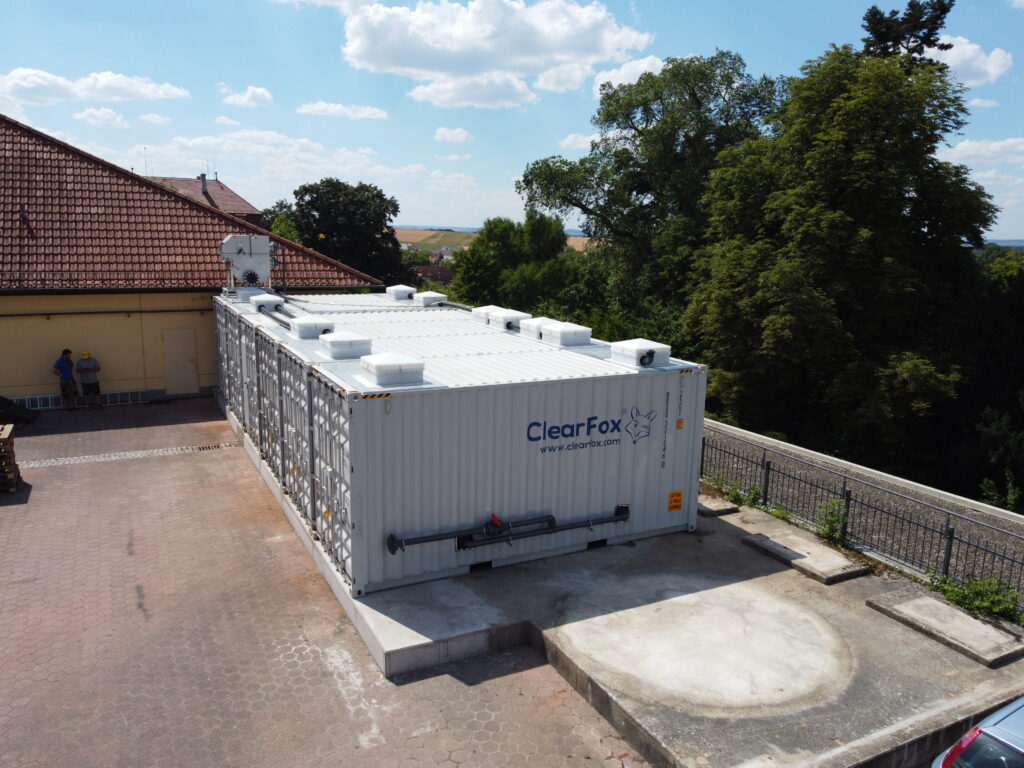
School Wastewater Treatment
Here we discuss the characteristics of school wastewater, available treatment technologies, and key selection criteria to help educational administrators, facilities managers, and engineers choose the most effective treatment approach for their specific project.
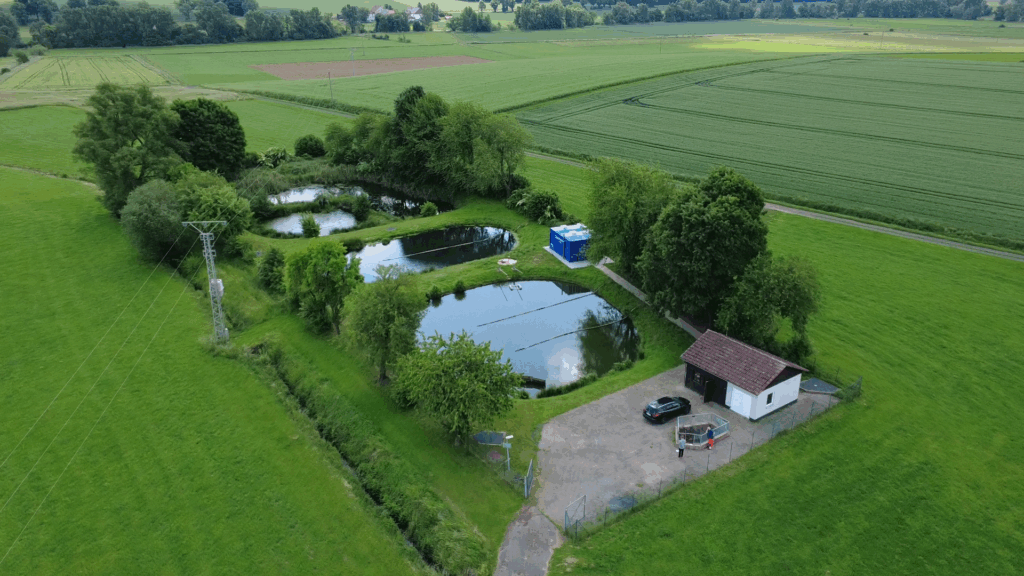
Housing Development Wastewater Treatment
Here we explain the characteristics of residential wastewater, available treatment technologies, and key selection criteria to help developers, planners, and engineers choose the most effective treatment approach for their specific residential projects.
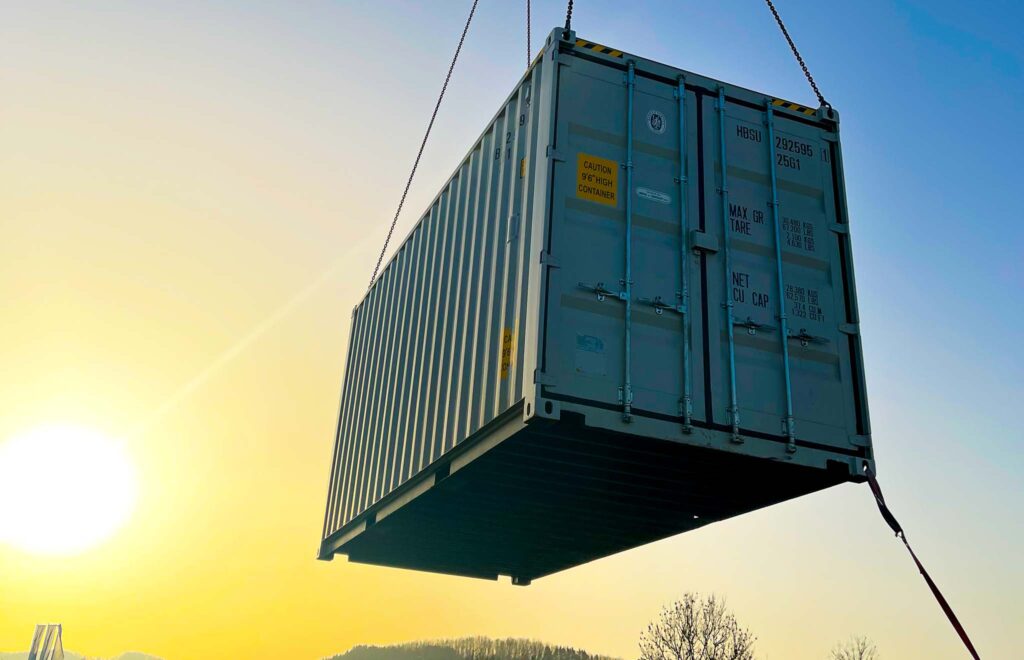
Camp Wastewater Treatment
Temporary and permanent construction camps, mining camps, military camps, refugee and humanitarian camps are present worldwide. In all these camps, there is a need for effective wastewater and water treatment solutions, both permanent and temporary.
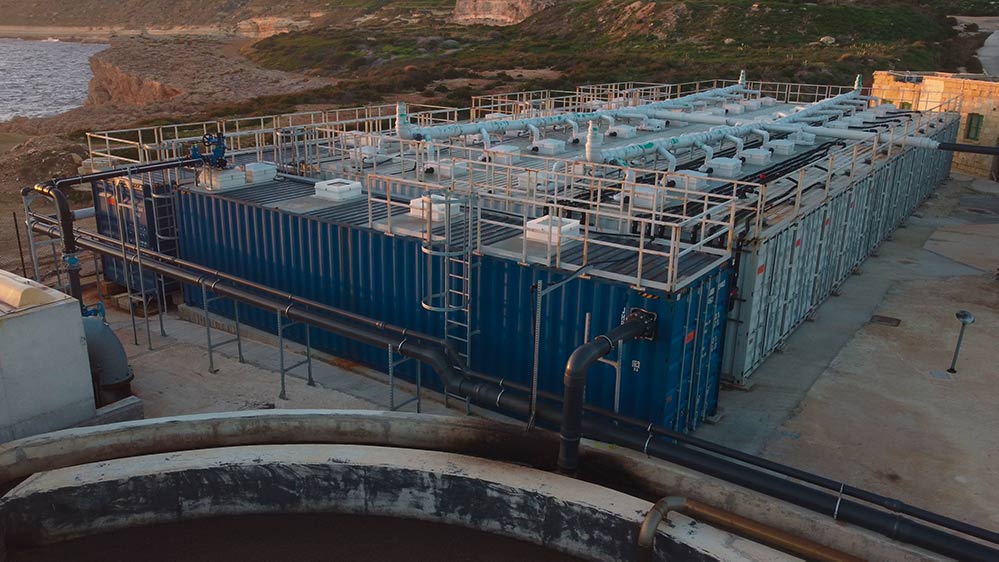
Municipal Wastewater Treatment
Our range of cost effective solutions include electric and non electric systems for single houses, businesses, camps and communities. We provide complete solutions for populations of 4 to 10,000 persons.
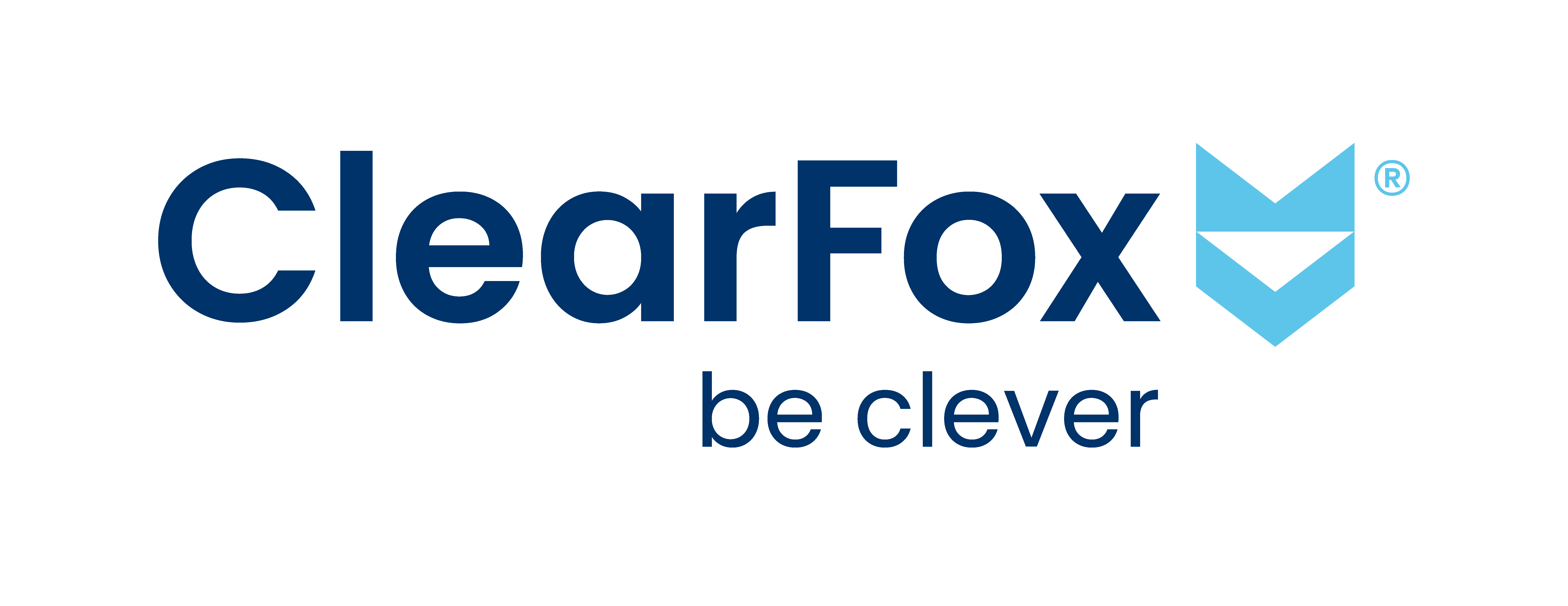
- 40,000+ treatment systems
- Installed in over 50 countries
- Treating 25 million litres daily
- Certified.
- Compact.
- Containerized.
- [Clever.]
